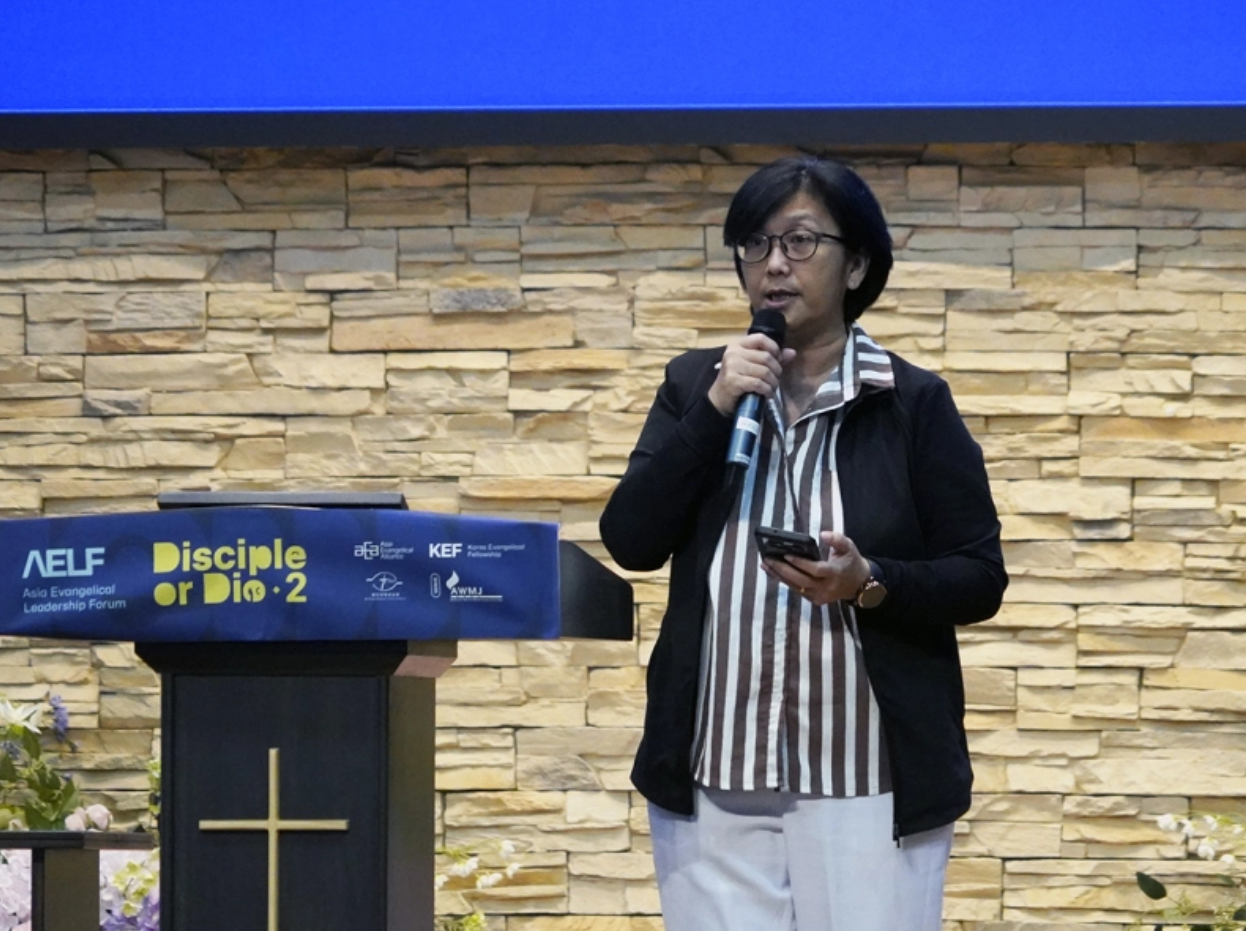As I have explained in a previous article, one of the television shows I like to watch is Madam Secretary, the fictional account of a female American Secretary of State. In the last episode I watched, a central part of the story was the revelation that the State Department’s senior press officer, Daisy Grant, was pregnant.
In the episode her boss and her colleagues discover her pregnancy in various ways, and they are uniformly delighted and supportive, in spite of the fact that Daisy is not married and her pregnancy is the result of a very brief affair with a CIA officer whose death at the hands of a private American military contractor has been central to the storyline in previous episodes.
As I reflected on the episode afterwards, I was struck with how the reaction to the news of Daisy’s pregnancy reflected the change in American (and by extension British) sexual ethics since the end of World War II.
Two generations ago, becoming pregnant outside marriage was generally regarded as deeply shameful, with the only way to put things right being for the father to ‘accept his responsibilities’ by marrying the woman concerned. Today (at least in the prevailing culture reflected in Madam Secretary) being pregnant outside marriage is a cause for celebration, always providing that the woman concerned wants to have the baby (if she does not, then ‘a woman’s right to choose’ means that she has the right to abort the baby).
However, an article I came across recently in the course of my work led me to realise that in certain circles even the liberal approach to pregnancy which I have just described is now seen as old fashioned. The new kid on the progressive ethical block is the small but growing movement known as ‘antinatalism.’
This movement, whose basic tenet is that having children at all can be considered morally wrong, is described in a recent editorial in the journal Bioethics written by two Finnish scholars, Joona Räsänen and Matti Häyry, and entitled ‘Antinatalism—Solving everything everywhere all at once?’
In the editorial the two writers list various reasons why people are now taking an antinatalist position, but two struck me as particularly challenging from a Christian perspective.
The first reason is an emphasis on human autonomy which leads to the conviction that ‘we should not create lives without the permission of those produced’ (particularly since this will mean exposing them to suffering that they would otherwise not have had to undergo).
Read full article here
(c) The Christian Today, used with permission




